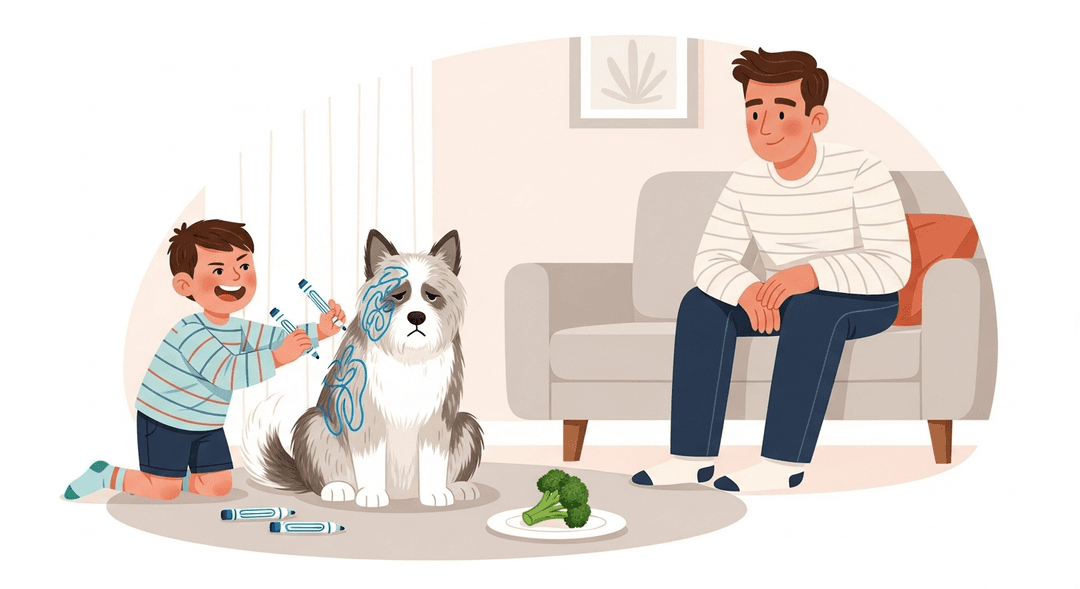Show Unconditional Love and Acceptance for Your Child
Unconditional love: that magical parenting unicorn we all chase, right? It's the art of loving your tiny human even when they color the dog blue, declare war on broccoli, or decide pants are optional at Target. If you’ve ever wondered, 'Am I nailing this, or am I raising a future chaos agent?'—this is for you. Spoiler: you’re probably doing better than you think.
When kids feel truly accepted, their brains light up with all the good stuff—think oxytocin, dopamine, and a big boost to self-worth. It builds resilience, helps them regulate emotions (eventually, not always at bedtime), and forms the foundation for healthy relationships. For parents, practicing unconditional love can lower stress, increase patience, and just maybe help you survive the next snacktime negotiation.
How to do it
Pause before reacting. When you feel overwhelmed or frustrated, take a deep breath—or three—before responding. This gives you a moment to collect your thoughts and avoid reacting impulsively.
Use language that separates your child from their behavior. For example, say, “I love you, but throwing spaghetti at the wall is not okay.” This reinforces your love while addressing the behavior that needs to change.
Show affection even after tough moments. Offer a hug, a smile, or a silly handshake to reconnect and reassure your child that your bond remains strong, no matter what happened.
Remind yourself and your child out loud: “There’s nothing you could do to make me stop loving you.” Saying this helps reinforce the idea of unconditional love, especially during challenging times.
Practice self-compassion. Parenting is hard, and unconditional love includes forgiving yourself when you make mistakes. Remember that everyone has tough days, and being kind to yourself is essential.
Key Tips:
- Take a pause before reacting to difficult situations.
- Use words that focus on behavior, not your child’s worth.
- Reconnect with affection after conflicts.
- Verbally reassure your child of your unconditional love.
- Be gentle with yourself—self-forgiveness is part of loving well.
